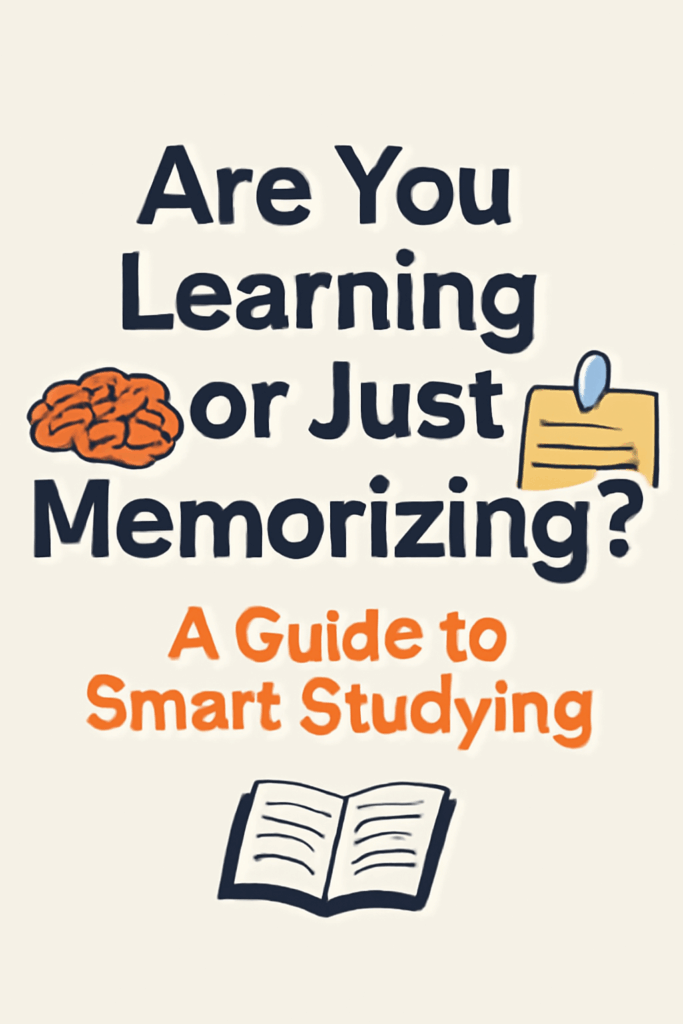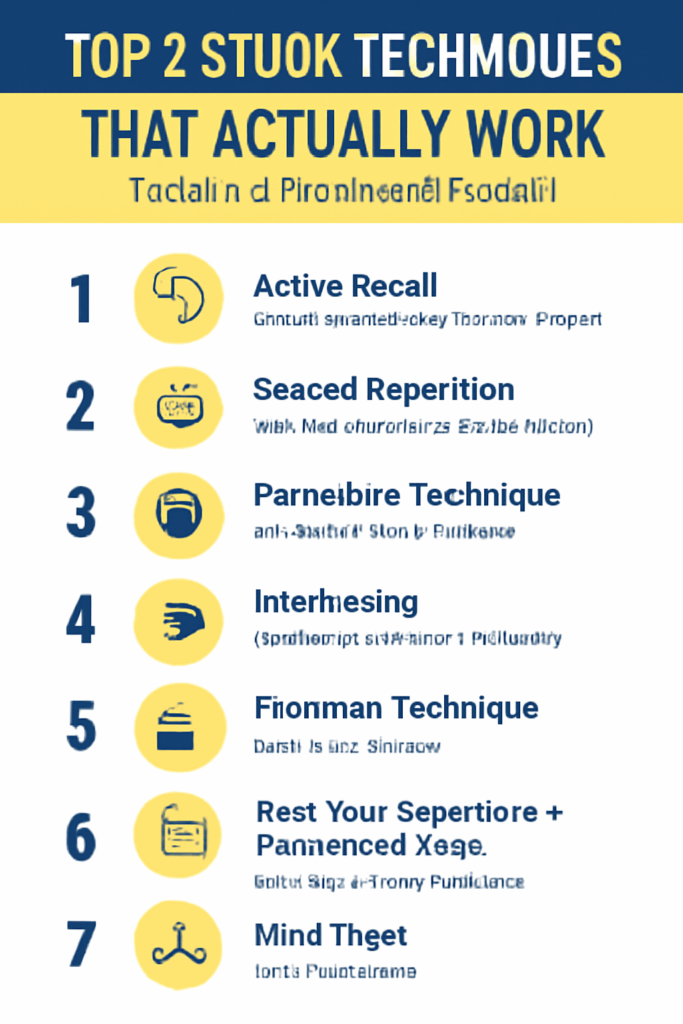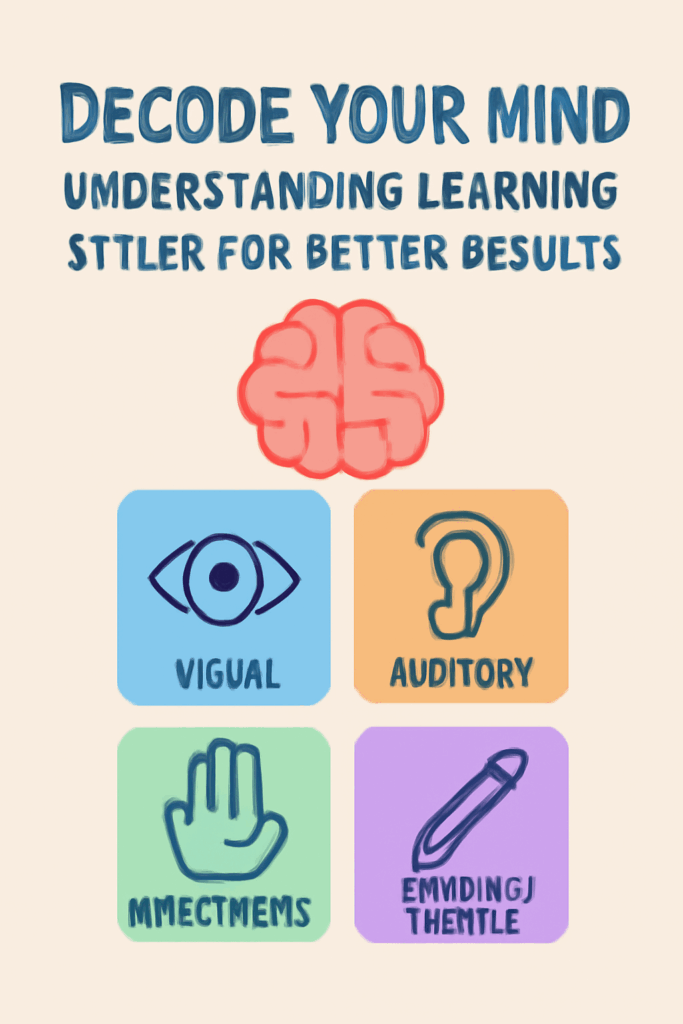Are You Learning or Just Memorizing?

A Guide to Smart Studying for CBSE Students
Have you ever spent hours studying only to forget everything during the exam? Or memorized an answer word-for-word but failed to solve a slightly different question?
If yes, you’re not alone. You’re probably memorizing—not learning.
With CBSE board exams shifting toward competency-based questions, it’s time to stop cramming and start studying smart.
This guide will help you understand the difference between memorizing and learning, why learning is more effective, and how to apply scientifically backed study strategies that CBSE toppers actually use.
📖 Memorizing vs Learning: What’s the Difference?
| Criteria | Memorizing | Learning |
|---|---|---|
| 🎯 Goal | Remember words or facts | Understand concepts |
| ⏳ Retention | Short-term | Long-lasting |
| 🧠 Application | Fails in new situations | Works across subjects & questions |
| 💬 In Exams | Good for 1-mark recall | Bad for case-based or HOTS |
| 🧪 Real-World Value | Almost zero | Life skill forever |
“If you can’t explain it simply, you don’t understand it well enough.” – Albert Einstein
🔍 Signs You’re Just Memorizing (And Not Learning)
🚩 You re-read the same page again and again
🚩 You can’t answer when the question is twisted
🚩 You memorize examples, but not the concept
🚩 You forget answers a day after revision
🚩 You struggle with MCQs or assertion-reason questions
🎯 Shift from Memorizing to Learning: 7 Smart Study Strategies
✅ 1. Active Recall
Instead of reading passively, quiz yourself.
- Example: Close your book and try to write down the process of Photosynthesis.
- Flashcards, NCERT back questions, or topic-wise tests help reinforce memory.
✅ 2. Use ‘Why’ and ‘How’ Questions
Ask yourself:
- Why does this happen?
- How is this formula derived?
- Can I explain this in my own words?
Learning is asking questions. Memorizing is copying answers.
✅ 3. Teach Someone Else
If you can explain the concept clearly to a friend or sibling, you’ve mastered it.
Try the Feynman Technique: Pick a topic, teach it in simple words, spot your gaps, revise.
✅ 4. Use Concept Maps or Flowcharts
Visually connect ideas — especially helpful for Science, History, Geography, and Biology.
Example: Create a flowchart of French Revolution causes and effects instead of writing it 10 times.
✅ 5. Practice Application-Based Questions
CBSE now includes:
- Case-based questions
- Competency questions
- HOTS (Higher Order Thinking Skills)
- Assertion-Reason format
Use [diagnosticassessment.in] for topic-wise smart testing — not just practice, but understanding.
✅ 6. Connect New Info to What You Already Know
Example:
- Connect Ohm’s Law to water flow through a pipe
- Connect supply & demand to your favorite online sale
Real-world connection = better learning
✅ 7. Use Spaced Repetition
Revise a topic after 1 day, 3 days, 7 days.
Spacing out revision makes memory stronger. Stop repeating the same page 5 times in a row!
📚 Real CBSE Examples: Memorizing vs Learning
| Topic | Memorizing | Learning |
|---|---|---|
| Science (Life Processes) | “Photosynthesis is the process by which…” | “Why is sunlight essential? How does it affect oxygen levels?” |
| SST (Democracy) | “Democracy is a form of government…” | “How does democracy impact citizens’ rights today?” |
| Maths (Algebra) | Remember formulas | Understand when and why to apply them |
🔁 Practice This Daily Study Cycle
- Read → 2. Ask & Explain → 3. Test Yourself → 4. Reflect on Mistakes → 5. Apply in Questions
Do this for every topic — and you’ll be learning smarter than 90% of students.
🏁 Final Thoughts: Be a Learner, Not a Parrot
✅ Memorizing might help you survive.
✅ Learning will help you thrive.
Board toppers don’t cram—they understand, apply, and practice smartly. CBSE now tests your ability to solve, analyze, and think—not just recall lines.
So, the next time you study, ask yourself:
👉 Am I learning this… or just memorizing?







Responses